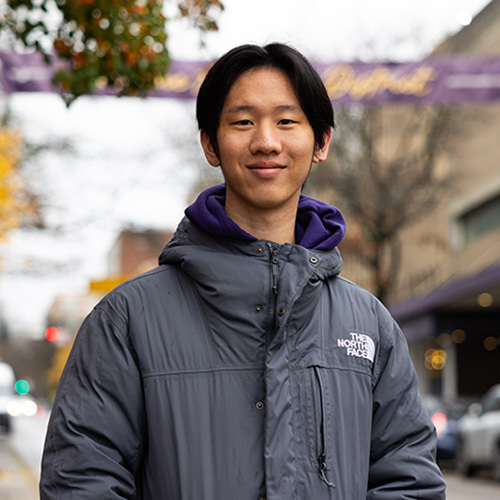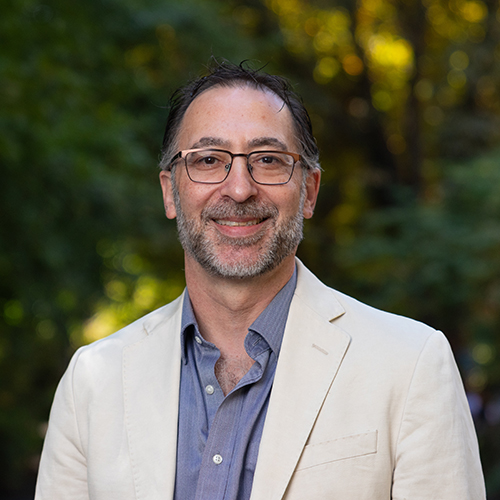When Sarah Stroup began excavating at Tel Dor, an archaeological site in Israel, she was hardly the first to dig there. Tel Dor has been a source of interest for nearly a century, with excavations beginning in earnest more than 20 years ago. But the site is so large and promising, new discoveries continue to be unearthed.
Stroup, assistant professor in the UW Department of Classics, began making research trips to Tel Dor as a graduate student at the University of California, Berkeley. Last summer she became co-investigator on a $236,000 grant from the Getty Foundation—with colleagues at Berkeley and Hebrew University—to learn more about the beginnings of the Hellenistic period at Tel Dor.
The birth of the Hellenistic period, when Greek culture began to spread far beyond its native territory, has long been set around 334 B.C. to 323 B.C., when Alexander and his troops traveled south through what is now Syria, Lebanon, Israel, and Egypt. But the excavation suggests that the region may have been Hellenized much earlier.

“Alexander’s influence was so great in the Mediterranean and beyond that he is seen as the one who brought Greek influences to native populations,” says Stoup, “but we’re finding that there was a substantial interaction with Greek culture at Tel Dor long before Alexander—starting in the fifth century B.C.E. In fact we see a long, ongoing process in which the choice and predilections of the native populations play a much stronger role than anyone had predicted.”
Stroup describes Tel Dor during that period as “an amazingly flexible, cosmopolitan town” located at the crossroads of several trade routes. “During most of its existence, this area has been colorful and multicultural without the tension we see now,” she says.
Findings from the excavation site support this view. Western-style temples have been discovered next to buildings from the same period that are very eastern in form. Many Greek works of art found there date back to pre-Hellenistic times.
The impact of such discoveries may have broader significance. “If we can reasonably conclude that the start of the Hellenistic period can be moved back a bit, it will affect the way we look at the literature of the fourth century and what’s going on in Athens during that period,” says Stroup. “So now we are looking very carefully at stratigraphic clues to date things as firmly as possible.”
Thanks to the Getty Foundation grant, Stroup was able to fund two UW students—graduate student Benjamin Crotty and undergraduate Allyssa Lamb —as research assistants at Tel Dor last summer. This summer she plans to do the same. “We won’t run out of things to find there,” says Stroup. “Over the past 20 years, only about five percent of the site has been uncovered.”
A memorable recent find was a mosaic in Western style dating back to the late Hellenistic period, which Stroup describes as “the highest quality mosaic that could be produced in this period.” Stroup was at Tel Dor when the discovery was made.
“It was astounding,” she recalls. “We had no idea that any structure in Tel Dor could possess a mosaic of this caliber. It must have been part of a villa, probably a very rich merchant’s dining room. So someone was choosing to decorate in a very showy, Western way.”
As for what she expects to find during the next excavation season, Stroup makes no predictions. “We don’t really ever know what we’re going to find,” she says. “That’s what makes it so interesting. We are, in the end, playing in the dirt with other kids who like playing in the dirt. And trying to solve mysteries.”
More Stories

The Public Impact of Private Cities
Geography major Edwin Bai has researched private cities, developed by individuals and corporations, that "take the libertarian idea of low government regulation to the maximum."

The Curious Journey of Chinese Characters
Several Asian countries adapted the Chinese writing system—the oldest writing system still in use—for their own languages. In a new book, Professor Zev Handel shares how that happened.

Can Machines Learn Morality?
UW researchers at the Institute for Learning & Brain Sciences and in the Allen School are exploring the potential for training AI to value altruism.